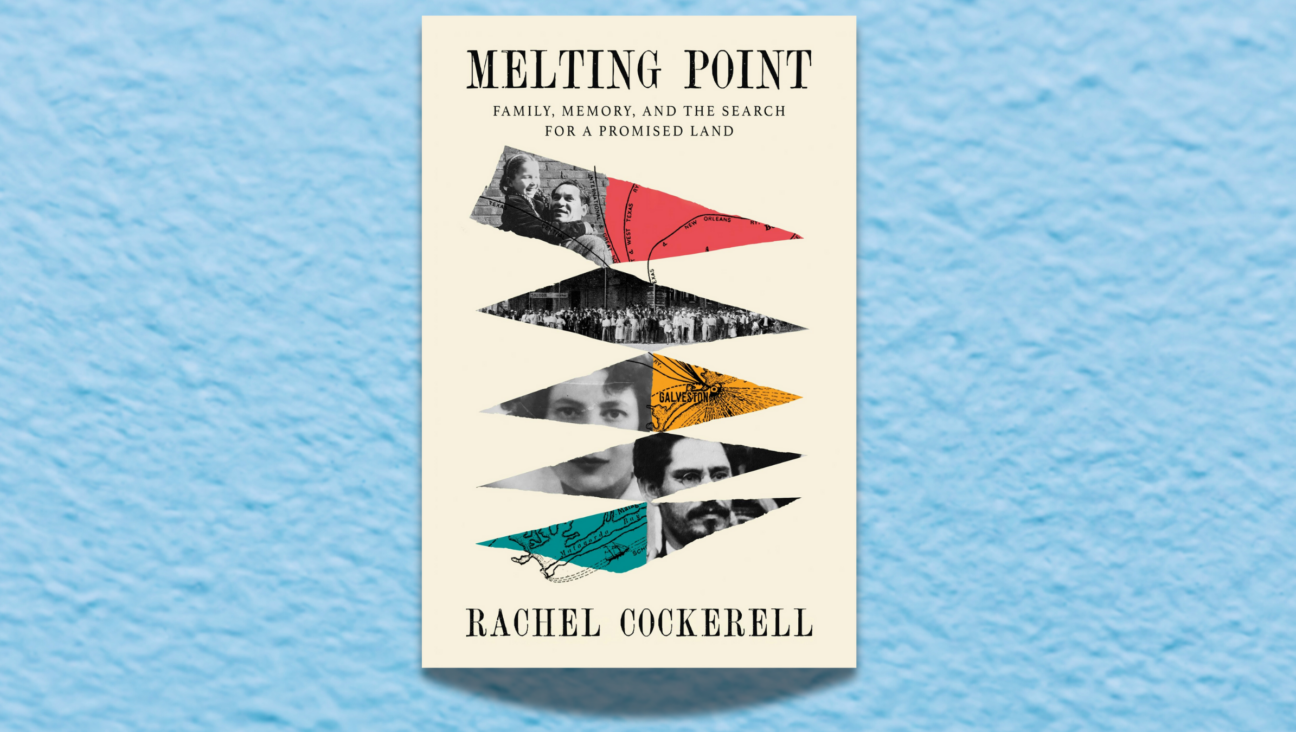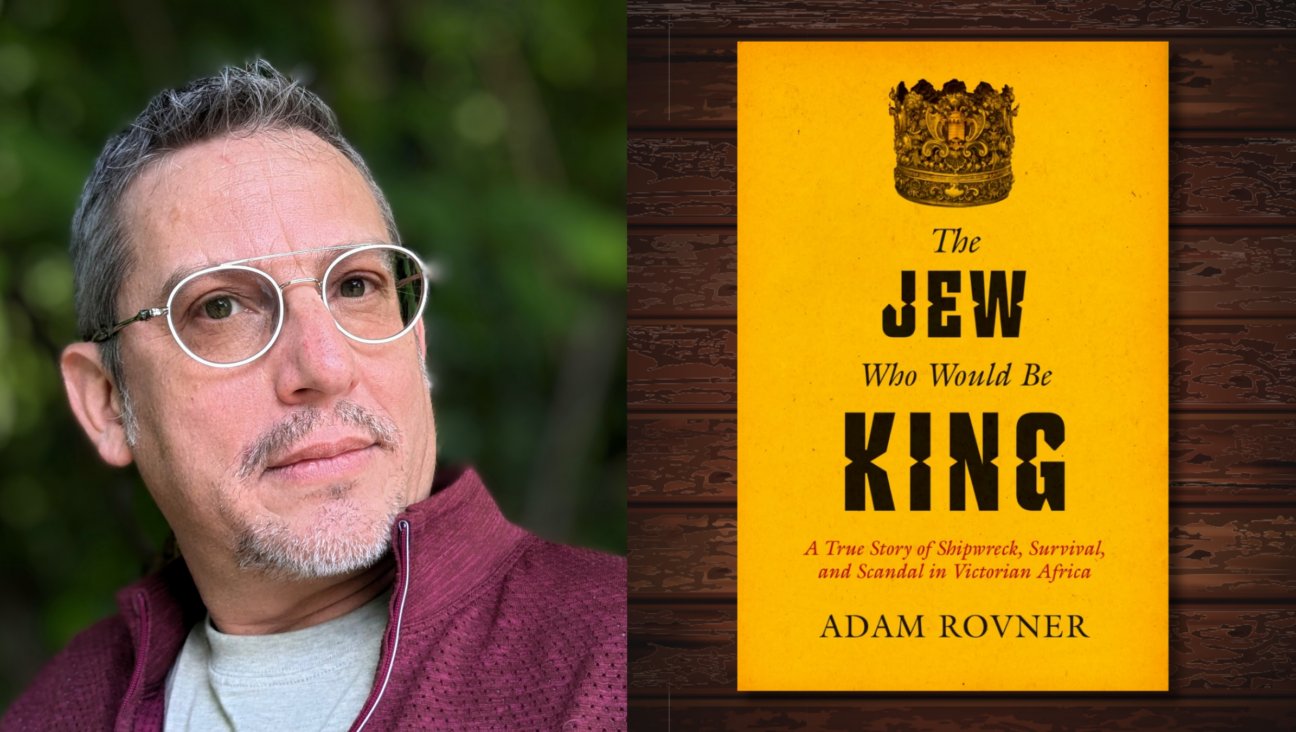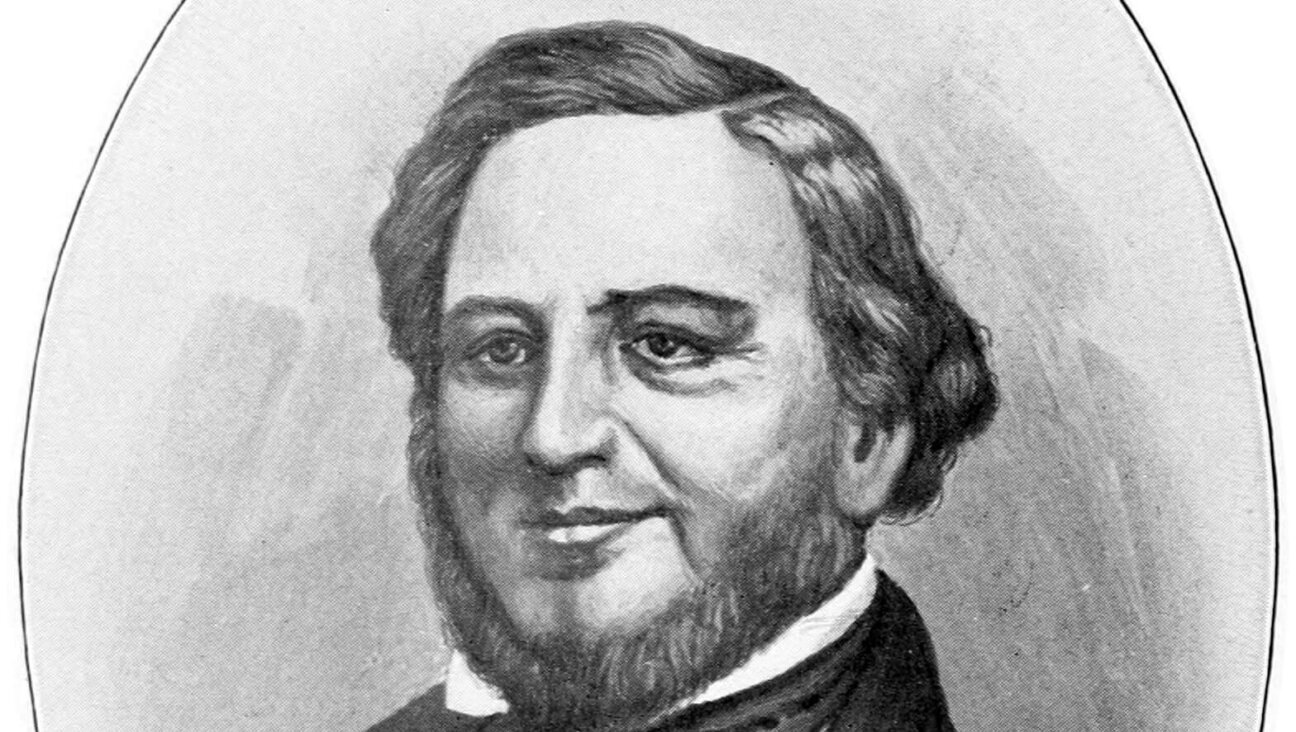How to Succeed in Academia Without Doing Research

Earlier this week, Haim Watzman wrote about Super Tuesday, journalism, and love. His blog posts are featured on The Arty Semite courtesy of the Jewish Book Council and My Jewish Learning’s Author Blog Series. For more information on the series, please visit:

“Are you a professor?” asked the woman sitting next to me on the plane from Israel to New York. She’d been eyeing my laptop screen on and off for most of the flight, as I did a final polish on my translation of Israel and the Cold War, a punctiliously-researched tome by Joseph Heller of the Hebrew University. Heller’s the professor, I’m the translator. He spent years sifting through the dark corners of archives around the world to gather the material in his book. I get the glory of being thought a historian without having looked at a single document.
Yes, I write my own books, but try buying groceries with that. My family gets fed thanks to books that other people write, people who need my help to present their ideas to the public. Sometimes I translate in the simple sense of the word — that is, recast a Hebrew work in English. But the specific niche I’ve developed over the years is that of translator/editor, or perhaps bilingual book doctor would be a better term. That means I don’t just transfer prose from one language to another but also help the author rewrite the book.
Of course, the substance remains that of the scholar. But substance needs presentation. I feel privileged to have helped bring the work of Israeli scholars before the English-speaking world while making them more reader-friendly books than they would otherwise have been.
While it’s hardly ideal, the pressures are such that I often work on two or three book translations or edits at the same time, alongside my own writing. Right now I’m translating a book on the Mossad by Ronen Bergman of the newspaper Yediot Aharonot, and a book about Eliezer Gruenbaum, a Jewish Communist who became a kapo at Auschwitz, by the historian Tuvia Friling.
On top of that, I’m editing the English version of one of the Israeli publication phenomena of the past year. Yuval Noah Harari’s history of the world, from humankind’s evolution in Africa to the present day, has been a bestseller in Hebrew. It’s based on the survey course he teaches, which has become one of the university’s most popular classes.
Harari’s book covers a lot of ground that I’ve written about in my career as a journalist covering research and science, so as I edit I disagree, debate, and argue points with him. Like most of my clients, Harari appreciates this deep involvement in his work. I am, of course, an amateur scholar, not a real one, so it’s the client who makes the final decisions about the book’s ideas and arguments. But it’s a real pleasure to engage in disputations with my authors.
And, of course, I learn a great deal in the process. Almost enough to be taken for a professor myself.
Visit Haim Watzman’s official website here.
The Jewish Book Council is a not-for-profit organization devoted to the reading, writing and publishing of Jewish literature. For more Jewish literary blog posts, reviews of Jewish books and book club resources, and to learn about awards and conferences, please visit www.jewishbookcouncil.org.
MyJewishLearning.com is the leading transdenominational website of Jewish information and education. Visit My Jewish Learning for thousands of articles on Judaism, Jewish holidays, Jewish history and more.
The Forward is free to read, but it isn’t free to produce

I hope you appreciated this article. Before you go, I’d like to ask you to please support the Forward.
Now more than ever, American Jews need independent news they can trust, with reporting driven by truth, not ideology. We serve you, not any ideological agenda.
At a time when other newsrooms are closing or cutting back, the Forward has removed its paywall and invested additional resources to report on the ground from Israel and around the U.S. on the impact of the war, rising antisemitism and polarized discourse.
This is a great time to support independent Jewish journalism you rely on. Make a gift today!
— Rachel Fishman Feddersen, Publisher and CEO
Support our mission to tell the Jewish story fully and fairly.
Most Popular
- 1

Fast Forward Ye debuts ‘Heil Hitler’ music video that includes a sample of a Hitler speech
- 2

Opinion It looks like Israel totally underestimated Trump
- 3

Culture Cardinals are Catholic, not Jewish — so why do they all wear yarmulkes?
- 4

Fast Forward Student suspended for ‘F— the Jews’ video defends himself on antisemitic podcast
In Case You Missed It
-

Culture Should Diaspora Jews be buried in Israel? A rabbi responds
-

Fast Forward In first Sunday address, Pope Leo XIV calls for ceasefire in Gaza, release of hostages
-

Fast Forward Huckabee denies rift between Netanyahu and Trump as US actions in Middle East appear to leave out Israel
-

Fast Forward Federal security grants to synagogues are resuming after two-month Trump freeze
-
Shop the Forward Store
100% of profits support our journalism
Republish This Story
Please read before republishing
We’re happy to make this story available to republish for free, unless it originated with JTA, Haaretz or another publication (as indicated on the article) and as long as you follow our guidelines.
You must comply with the following:
- Credit the Forward
- Retain our pixel
- Preserve our canonical link in Google search
- Add a noindex tag in Google search
See our full guidelines for more information, and this guide for detail about canonical URLs.
To republish, copy the HTML by clicking on the yellow button to the right; it includes our tracking pixel, all paragraph styles and hyperlinks, the author byline and credit to the Forward. It does not include images; to avoid copyright violations, you must add them manually, following our guidelines. Please email us at [email protected], subject line “republish,” with any questions or to let us know what stories you’re picking up.















